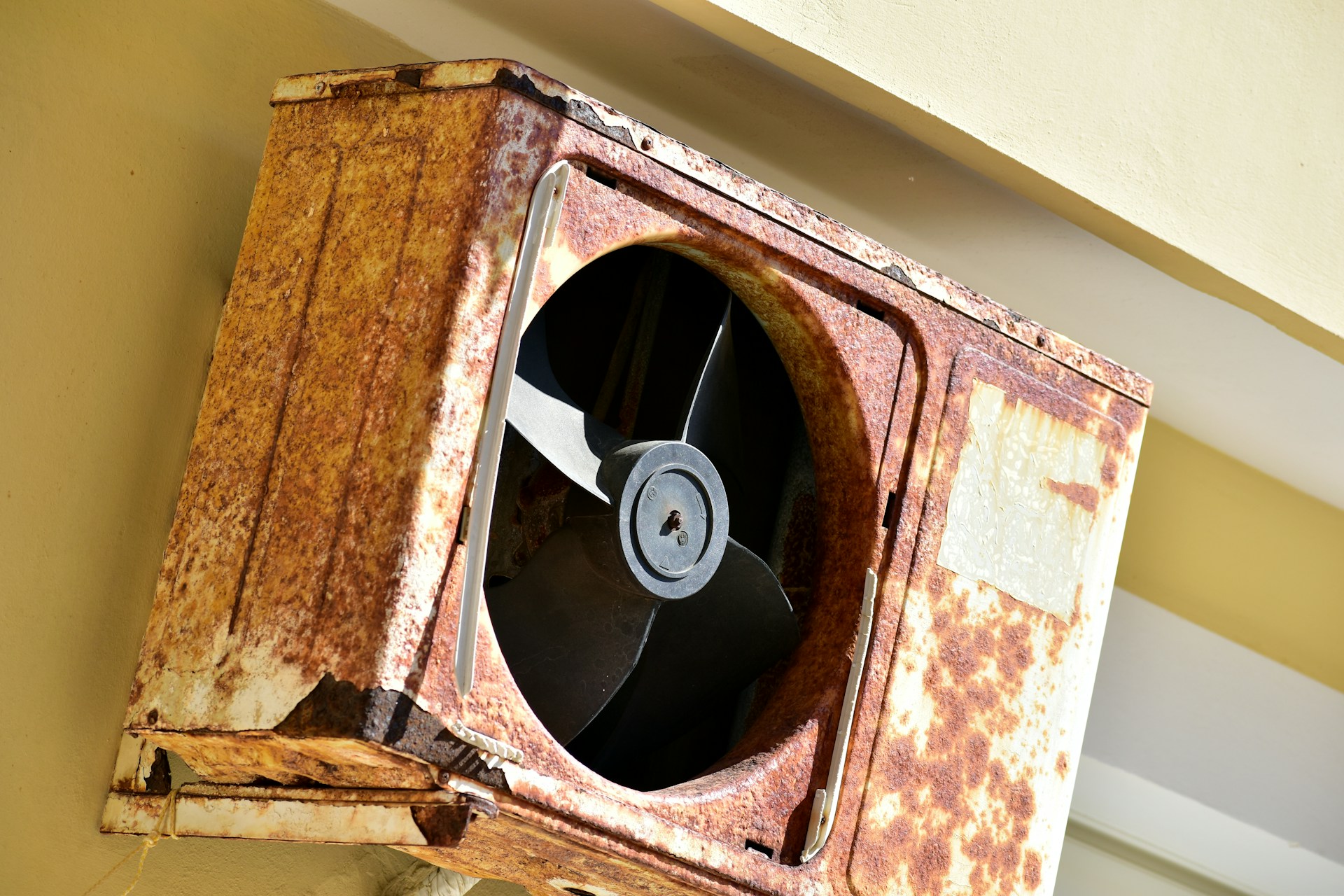A well-functioning heating system is essential for maintaining a comfortable and safe indoor environment, particularly during colder months. However, as your heating system ages, it may start to show signs of wear and inefficiency. Recognizing these signs early can save you from unexpected breakdowns and escalating repair costs.
Signs That Your Heating System Is Nearing the End of Its Lifespan
Common Indicators of an Aging Heating System
Recognizing the signs of an aging heating system can help you avoid unexpected breakdowns. One common indicator is frequent repairs. If you find yourself calling for heating repair multiple times a year, it may be time to consider a replacement. Another sign is rising energy bills despite regular maintenance, suggesting inefficiency. Unusual noises like banging, rattling, or squealing are also red flags that your system is wearing out. Additionally, if your system struggles to maintain a comfortable temperature, it may be losing its effectiveness.
Performance Issues and Inefficiencies
An aging heating system often suffers from performance issues. These might include uneven heating, where some rooms in your home are warmer or cooler than others. Inefficiencies are also a common problem; older systems may take longer to heat up and use more energy to maintain the desired temperature. You might notice that the system cycles on and off more frequently, which can lead to higher wear and tear.
Why Recognizing These Signs Is Important
Identifying the signs of an aging heating system is crucial for several reasons. Early recognition allows you to plan for a replacement instead of scrambling during an emergency breakdown. It also helps you avoid the escalating costs of frequent repairs and high energy bills. By addressing these issues proactively, you can maintain a comfortable and safe living environment and make an informed decision about heating replacement.
Cost Comparison: Repairs vs. Replacement
Factors That Influence Repair Costs
Several factors can affect the cost of repairing a heating system. The age of the unit plays a significant role; older systems often require more expensive parts that may be harder to find. Labor costs can also add up, especially if multiple repairs are needed. Additionally, the type of problem—whether it’s minor like a clogged filter or major like a failing heat exchanger—will influence the overall cost.
Long-Term Benefits of Choosing Replacement
While repairs might seem like the less expensive option upfront, opting for a replacement can be more cost-effective in the long run. A new heating system will be more efficient, which can lower your energy bills. Modern systems also come with warranties, reducing the risk of significant out-of-pocket expenses for repairs. Replacing your old system with a new one can provide peace of mind and ensure reliable performance for years to come.
When Replacement Is More Cost-Effective Than Frequent Repairs
Frequent repairs can add up quickly, often surpassing the cost of a new system. If your heating unit is over 15 years old or requires major repairs frequently, replacement should be considered. Another factor is the frequency of needed repairs; if you’re facing more than two major repairs in a year, investing in a new system will likely save you money. Our professionals can help assess your current system’s condition and guide you on whether replacement is the more economical choice.
Benefits of Upgrading to a Modern Heating System
Enhanced Energy Efficiency
One of the primary benefits of upgrading to a modern heating system is improved energy efficiency. Newer systems are designed to use energy more effectively, reducing wastage. This means your home will reach and maintain the desired temperature using less energy. Improved efficiency not only helps lower your energy bills but also reduces the strain on your system, prolonging its lifespan.
Improved Comfort and Performance
Modern heating systems offer enhanced comfort and performance. Advanced features such as programmable thermostats, variable speed motors, and zoned heating allow for more precise temperature control. These features ensure that your home is consistently comfortable throughout and that the system operates smoothly. Additionally, modern systems run quieter and start up and shut down more efficiently.
Environmental Advantages of Modern Systems
Upgrading to a modern heating system also offers significant environmental benefits. Newer systems are built to be more environmentally friendly, using less fuel and producing fewer emissions. This reduces your carbon footprint and contributes to a healthier planet. Many modern systems also use eco-friendly refrigerants, further minimizing their environmental impact.
Understanding the Heating Replacement Process
Steps Involved in a Heating System Replacement
The heating replacement process begins with a thorough inspection of your current system. Our professionals assess its condition and determine the best replacement options for your home. Once a suitable system is chosen, we schedule the installation at a convenient time for you. The old system is safely removed, and the new system is installed with precision.
How Our Professionals Ensure a Smooth Transition
Our technicians ensure that the heating replacement process is as smooth as possible. We take care to protect your home during the removal of the old system and the installation of the new one. Any necessary adjustments to ductwork or electrical connections are handled expertly. We also provide clear instructions on operating and maintaining your new system.
What to Expect During and After the Installation Process
During the installation, you can expect minimal disruption to your daily routine. Our team works efficiently to complete the job in a timely manner. Once the new system is in place, we perform thorough tests to ensure it’s functioning correctly. After the installation, we provide ongoing support and maintenance services to keep your system running smoothly. You’ll notice an immediate improvement in your home’s comfort and energy efficiency.
Conclusion
Recognizing the signs that your heating system is nearing the end of its lifespan can help you avoid costly repairs and inefficiencies. Comparing the costs of frequent repairs to the benefits of a new system often shows that replacement is the more economical choice. Upgrading to a modern heating system provides significant advantages, including enhanced energy efficiency, improved comfort, and environmental benefits. Understanding the replacement process and what to expect can ease any concerns you may have about making this transition.
At Vardell’s AC, our professionals are dedicated to ensuring your home remains comfortable and efficient. Contact us today to schedule a consultation and discover the benefits of upgrading your heating system. Let our experienced technicians handle the heating replacement in Yuba City for you, ensuring a seamless and stress-free experience.



